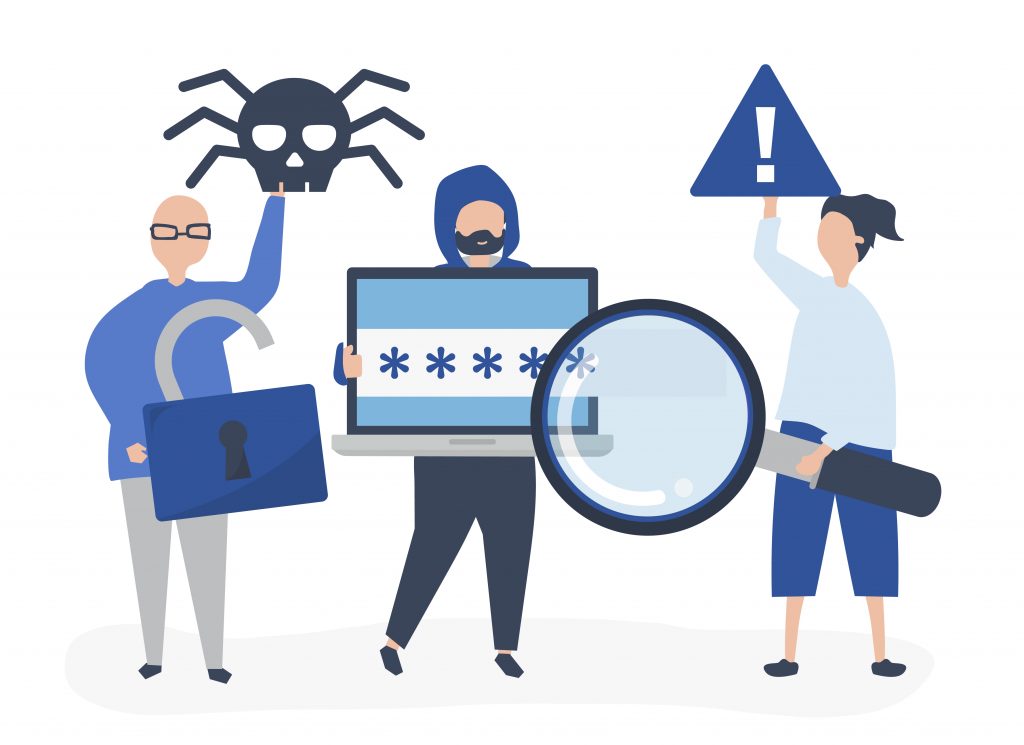Brief: The news of SEBI penalizing “Baap of Chart” with more than 17 Crores is creating panic among influencers, and scammers are taking advantage of this SEBI fear. They have started capitalizing on this SEBI fear, and as an influencer, you must be aware of it. In this article, CA Arun Tiwari explains this new SEBI Calling Scam, along with how to identify and safeguard yourself.
In this article, we will discuss about...
SEBI Calling Scam?
Firstly, I don’t understand why government agencies engage in what seems like a witch hunt, but SEBI (Securities and Exchange Board of India) is currently focusing on penalizing influencers, especially those in the financial sector. It’s not that the idea is bad, but the ripple effect it’s creating is certainly not good for the influencer ecosystem. This fear is becoming a breeding ground for scammers who prey on the anxious. When someone is scared, it’s very easy to manipulate them, and this is precisely what’s happening now.

Over the past four days, I’ve received nearly eight to nine calls from my influencer clients who claim to have received calls from individuals purporting to be from SEBI. Most of these calls start in a similar way:
“I am calling from SEBI, and there is an ongoing inquiry against you. However, we can settle this for you if you pay a certain amount into this account, and the case will be dropped.”
They usually provide a bank account, UPI, or a link. The interesting part is that they follow up multiple times before you expose them and ask them to get lost.
While some of the scammers sound rather childish, others are more sophisticated. The trap may even include sending a link to upload documents, which is an attempt to hack your account.
In most cases, influencers themselves realize it’s a scam. However, in some cases, they are genuinely terrorized because scammers have done their homework well and nearly convinced the influencer. Fortunately, they reach out to me before making any rash decisions.
How to Know It’s a Scam?
I’ve provided you with an overview of the situation, which can evolve into a more advanced level in the future. The main purpose of this article is to raise awareness of how to identify a scam. Here are some ways to determine if it’s not legitimate:
- When receiving a call, make sure it’s on the phone call function and not through WhatsApp. Keep call recording on for your protection.
- Always ask the caller for their full name, position in SEBI, and the section under which proceedings have been initiated. Most scammers will hang up when you ask them to establish their identity.
- If they mention specific sections under which proceedings have started, note them down and search on Google. Scammers often make mistakes in this regard.
- Request them to send the notice to your email address before answering any questions. Most scammers won’t comply. If they do, check the domain of the email and match it with SEBI’s official website.
- Verify if the email and person exist in SEBI’s database. SEBI’s website provides information on all officers’ names and email addresses for public access.
- Phone calls generally come from landlines, and there’s a high chance that the official number will be posted on SEBI’s website along with the officials’ names and email addresses.
- When in doubt, ask for some time to revert back to them. Real authorities never push for on-the-spot decisions.

How to Handle This?
If any of the checks raise red flags, there’s a high likelihood that you’re dealing with a scammer rather than a real SEBI official. In such cases, follow these steps:
- Contact an expert who has experience with SEBI compliance, such as our Influencer Desk. Share the email and communication you received for analysis.
- If in doubt, ask the other person to approach your legal representative and share details with them. Scammers typically avoid dealing with real lawyers.
- Ask your legal representative to take the matter further and, if possible, file a complaint with SEBI about the incident. This ensures action can be taken against such individuals, preventing these scams from affecting other influencers.
What Not to Do?
Whether you are sure or not, never engage in the following with a caller or emailer:
- Avoid using abusive language. Even if you are certain you are dealing with a scammer, maintaining civility is crucial. You don’t want to create another online enemy. Moreover, what if your gut feeling is wrong, and you end up insulting an actual SEBI officer? It’s best to ask them to send details and let your legal representative handle it. Alternatively, simply hang up and block the number if they persistently call.
- Don’t attempt to prove a point. If you suspect a scam, just hang up; don’t argue with the scammer. The more you talk, the higher the chances of making mistakes.
- Never take action in haste. When in doubt, the best policy is to buy time and consult an expert.
- Don’t click on links, send documents, or make any payments. This is the last thing you want to do. Always ask for written communication via email and let professionals handle it.
Conclusion:
There are no magic solutions to counter scammers. Countering scammers in the SEBI Calling Scam requires vigilance and professional involvement. Government authorities operate under specific protocols and must follow established procedures. They will never ask you to take hasty actions. While scamming is an evolving game, seeking professional advice and buying time can help you make informed decisions and avoid falling victim to scams.
About the Author:
CA Arun Tiwari is a Chartered Accountant and former EY employee. He is the Chief Consultant of Influencer Desk, a dedicated legal and technical arm of AKT Associates. Influencer Desk assists influencers in handling tax, legal, and trademark compliance seamlessly. Arun Tiwari is also a content creator who has personally faced these issues. The vision of Influencer Desk is to provide end-to-end support for the influencer community, allowing them to create content without worrying about legal, tax, and trademark issues.

